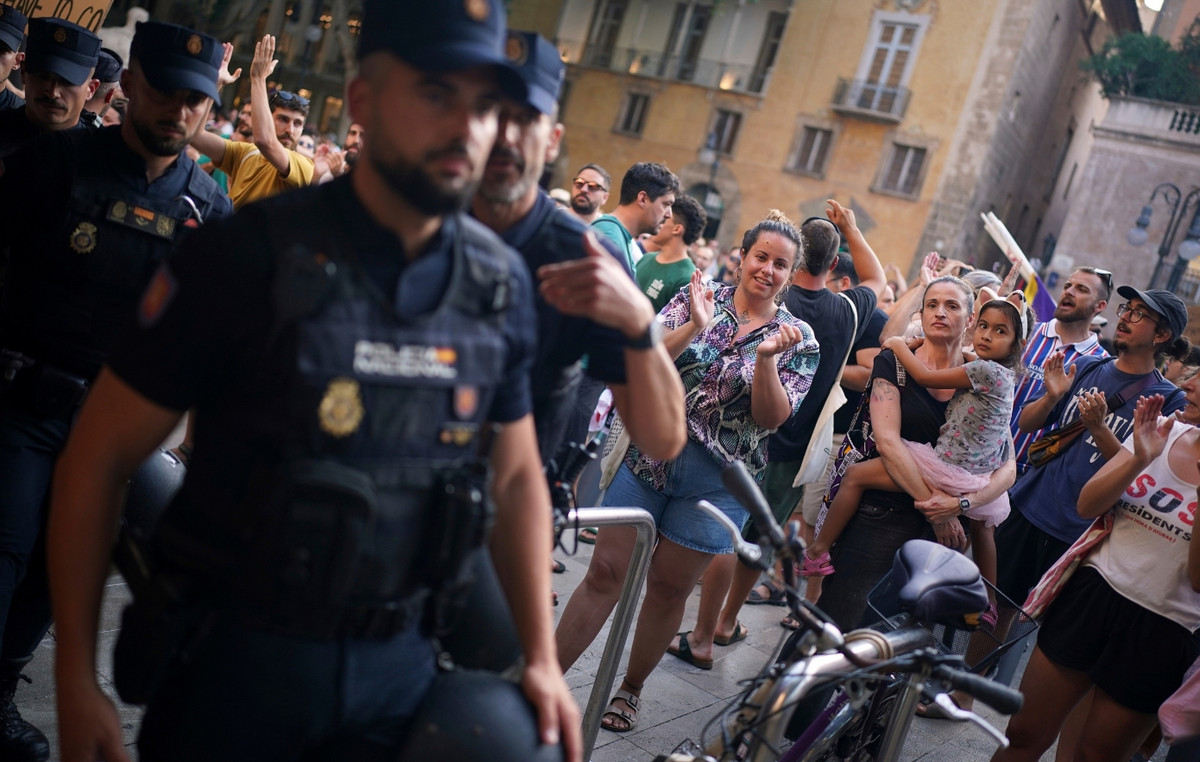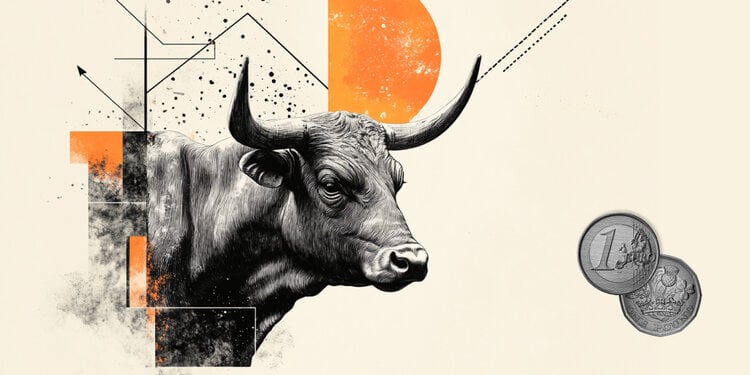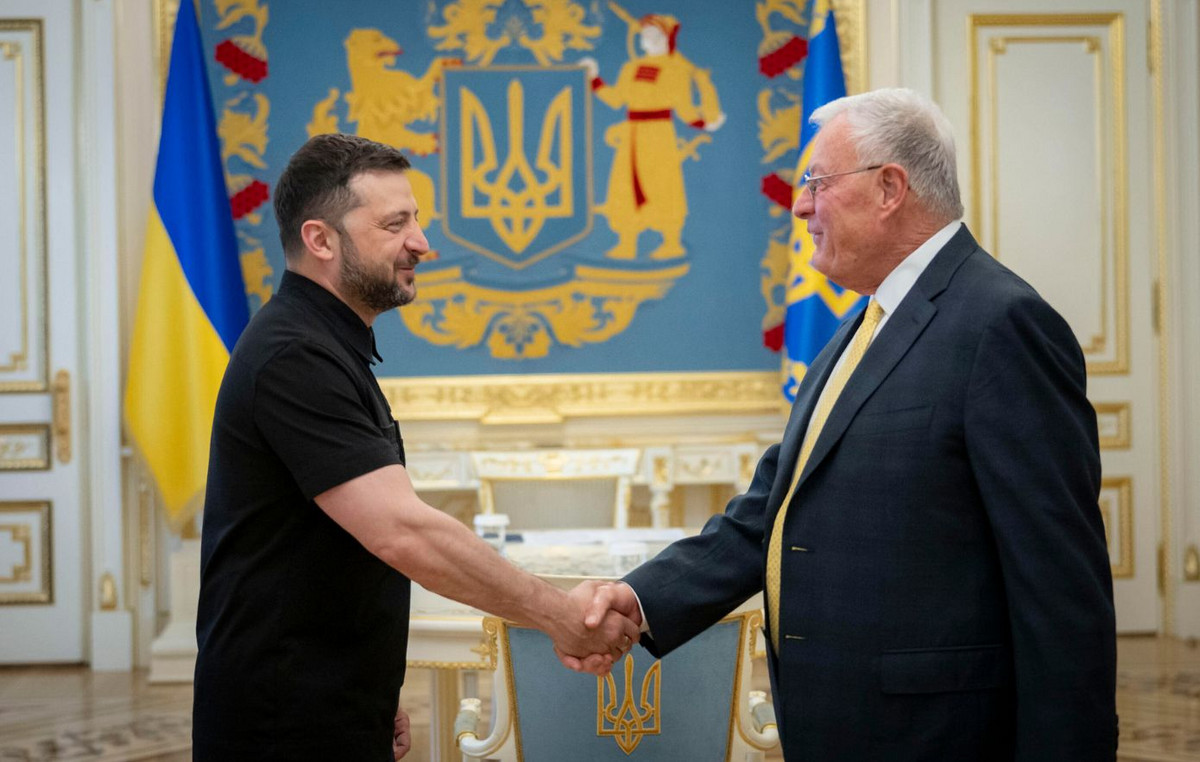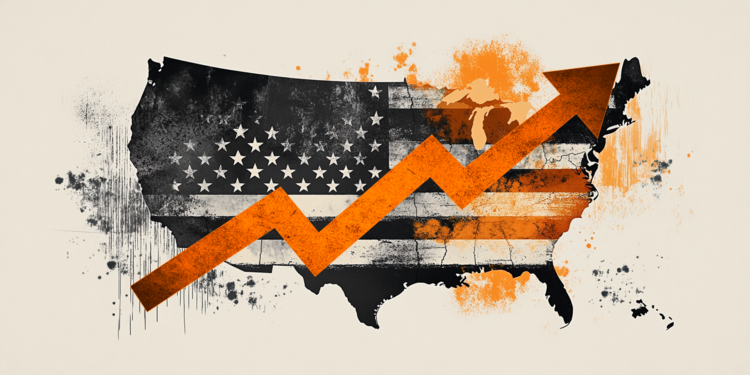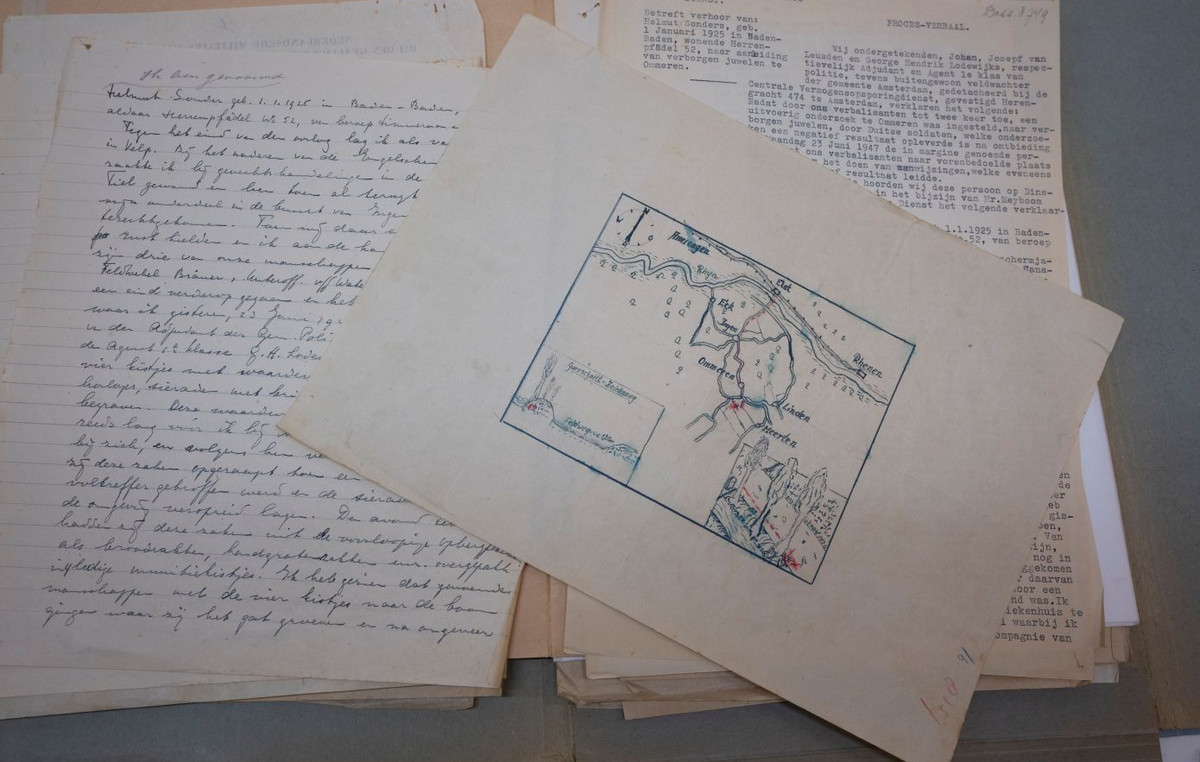Like every other region in the world, Europe has also been hit hard by the coronavirus pandemic. The rate of unemployment and health crisis is still there. But the governments have had to spend so much on the health sector that they haven’t been able to focus on many other areas. However, the European Union believes that unlike the Global Financial Crisis of 2008, this time around, the policies to combat this crisis should be better than before. For this purpose, the EU has been urging its 27 member states to come together and work on strategies that can boost government spending rather than cutting on defense funds.
In the coming week, two key events are going to happen that may bring a positive shift in the EU policies. First off, the EU leaders are starting virtual meetings from next week that will seek final approval on receiving a €750 billion fund. This money is to be borrowed from the member countries as a defense package for the help of adversely affected countries by the pandemic.
Another crucial event is going to be the announcement of an expansion of the bond purchasing program by the European Central Bank, on the same day when the EU will be getting the approval for its €750 billion funds. This expansion program is going to help to decrease the borrowing costs for the governments of the member states. This will help them boost their government spending and spend on various sectors without many constraints.
The main aim of this endeavor is that the EU is aiming to improve Europe’s economy by 2021, and it wants to keep improving it in the future also, rather than seeing a downfall as happened with the mishandling during the 2008 fiscal crisis.
The coronavirus pandemic has put the European leaders in a tight spot to re-evaluate how much money they are going to put into their national defense budgets and how much they will lend for the European Defense Fund.
In November, the CEO of the European Defense Agency (EDA) Jiri Sedivy called out all the member states and urged them to remember the aid that the EU’s defense fund provided the countries in their economic recovery after the 2008 crisis. At that time, the European Defense spending had fallen to almost 11% and it stayed down for a very long period. Only in 2019 could Europe regain the economic status that it had in 2007, i.e. before the 2008 Global Crisis.
This time, instead of cutting on defense spending, Sedivy urged the governments to boost the spending by taking proper measures.
In July, the EU leaders agreed on a new €1.8 trillion EU budget for the next 7 years, while collecting a fund of €750 billion to help the EU member countries combat the pandemic.
Members of the European parliament had pointed out that the governments need to stabilize their countries’ public health, while extensive funding is required to restore research and fight against climatic changes too. Sedivy also agreed that besides the economy of these countries, the geopolitical landscape also needs to be taken care of because the pandemic has totally destabilized it and it needs restoration as soon as possible.
Out of this €750 billion fund, €500 billion will be distributed as grants for member states, and €250 billion will be available in the form of loans.
The EU does not have an army of its own, and the defense is all individualistic. So, the EDA works with a body called the European External Action Service. This whole unit is a part of PESCO, in which 25 of the member countries except for Denmark and Malta work together and integrate their armies.
I’m Ava Paul, an experienced news website author with a special focus on the entertainment section. Over the past five years, I have worked in various positions of media and communication at World Stock Market. My experience has given me extensive knowledge in writing, editing, researching and reporting on stories related to the entertainment industry.

